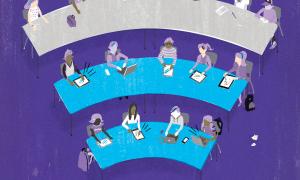lesson
The First Amendment and Freedom of Religion
In this lesson, students will use the case of Park51’s Islamic Cultural Center as a starting point for a discussion about whether religious freedom is absolute and if religious freedom requires respect for other religions.
November 22, 2010

